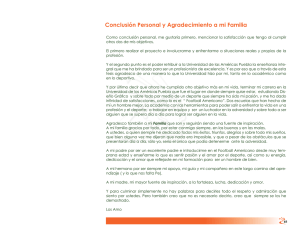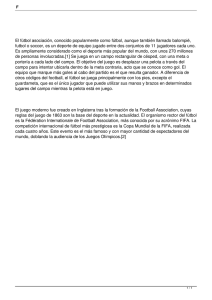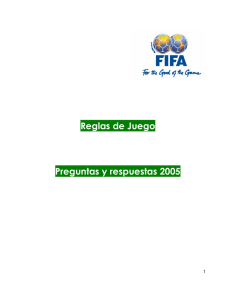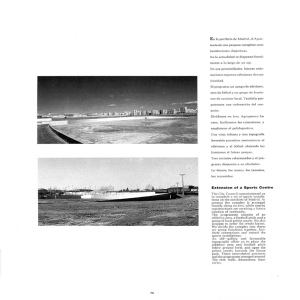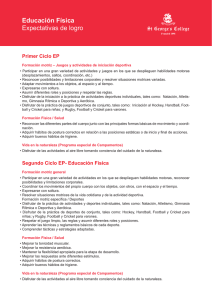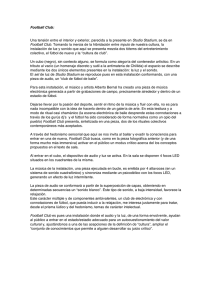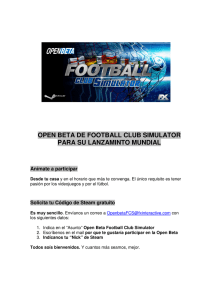Simple Present
Anuncio
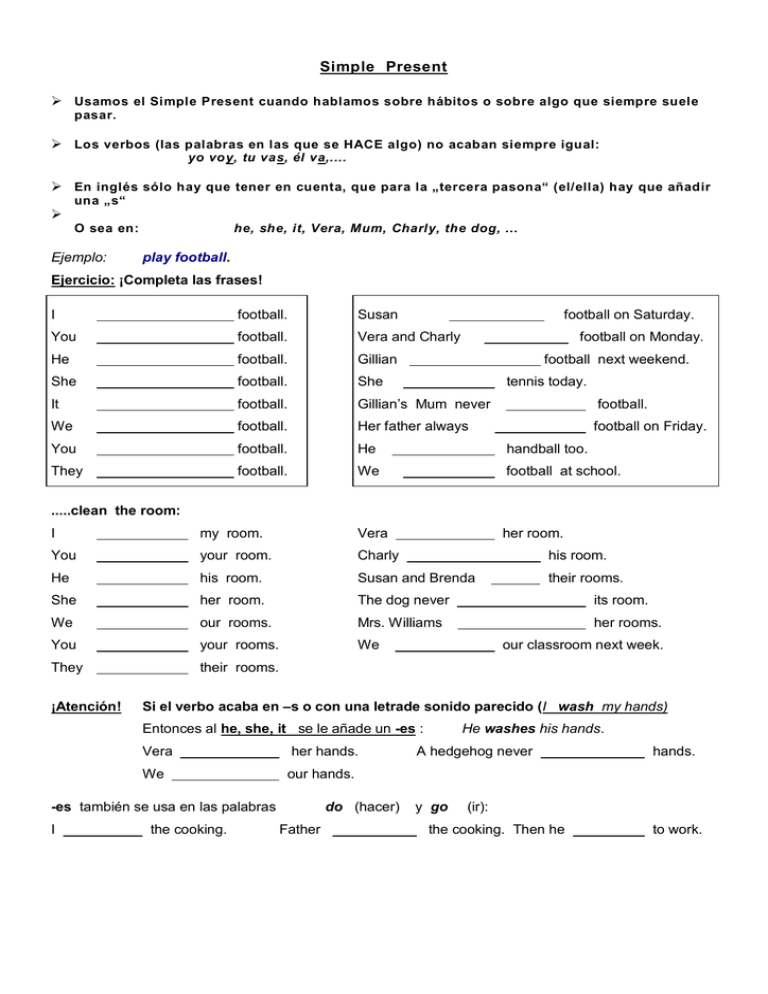
Simple Present Usamos el Simple Present cuando hablamos sobre hábitos o sobre algo que siempre suele pasar. Los verbos (las palabras en las que se HACE algo) no acaban siempre igual: yo voy, tu vas, él va,.... En inglés sólo hay que tener en cuenta, que para la „tercera pasona“ (el/ella) hay que añadir una „s“ O sea en: Ejemplo: he, she, it, Vera, Mum, Charly, the dog, ... play football. Ejercicio: ¡Completa las frases! I football. Susan football on Saturday. You football. Vera and Charly He football. Gillian She football. She It football. Gillian’s Mum never football. We football. Her father always football on Friday. You football. He handball too. They football. We football at school. her room. football on Monday. football next weekend. tennis today. .....clean the room: I my room. Vera You your room. Charly his room. He his room. Susan and Brenda their rooms. She her room. The dog never its room. We our rooms. Mrs. Williams her rooms. You your rooms. We They their rooms. ¡Atención! our classroom next week. Si el verbo acaba en –s o con una letrade sonido parecido (I wash my hands) Entonces al he, she, it se le añade un -es : Vera her hands. We our hands. -es también se usa en las palabras I the cooking. do (hacer) Father He washes his hands. A hedgehog never y go hands. (ir): the cooking. Then he to work.
